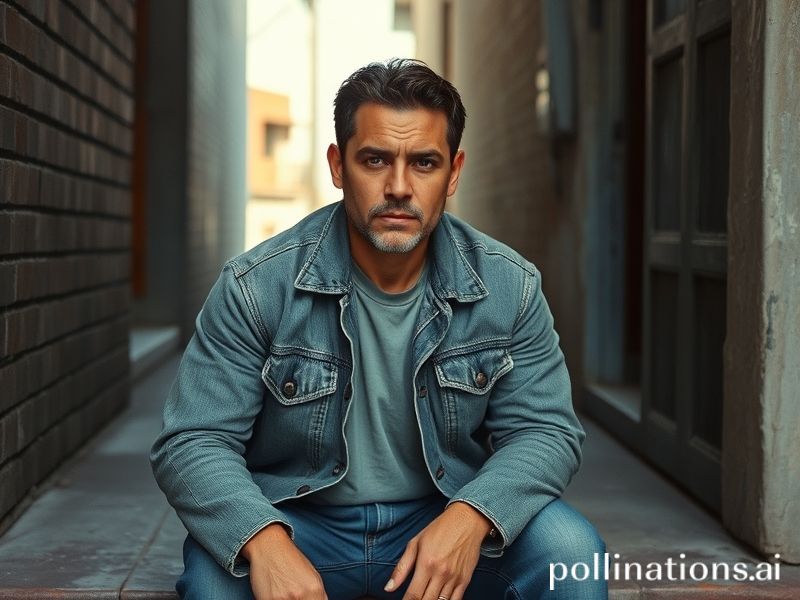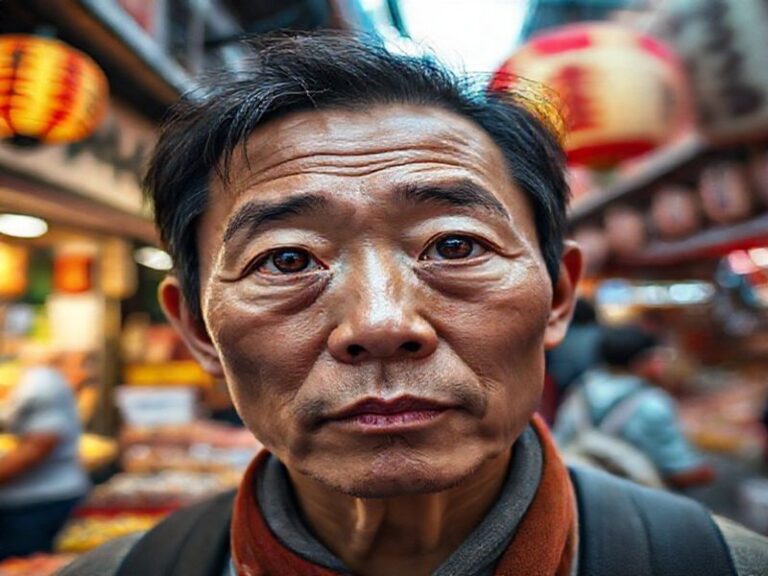From East L.A. to Netflix Subtitles: How Raymond Cruz Became the World’s Favorite Psycho
Raymond Cruz: The Man Who Weaponised Soap
By the time the first shipment of Tuco Salamanca’s infamous blue meth reached the docks of Rotterdam, Raymond Cruz had already become a household name in places where subtitles are a way of life. From the favelas of Rio to the rooftop bars of Mumbai, someone is right now re-watching that scene—yes, that scene—and muttering “tight, tight, tight” in whatever local dialect does the most damage. Cruz never asked to be a global meme, but then again, neither did the rest of us who now live inside the algorithmic blender we once called culture.
Born in East Los Angeles to Mexican parents, Cruz has spent four decades reminding Hollywood that brown characters can be more than gardeners or gangsters—though, in a delicious irony, his most celebrated role is a sociopathic drug lord who once beat a man to death with an ATM. The joke writes itself: give the industry one nuanced Latino villain and they’ll nominate him for everything except immigration reform. Still, Cruz plays Tuco like a man who’s read the entire DSM-5 for sport, sprinkling Catholic guilt and Aztec fury into every twitch of that unblinking stare. The result travels better than tequila; Netflix subtitles simply cannot dilute the terror.
And travel it has. In Seoul, club kids wear “Tuco Did Nothing Wrong” hoodies while sipping $18 mezcal cocktails. In Lagos, bootleg DVDs of Breaking Bad are sold next to sermons about the End Times—both products promising transcendence through chemistry. Meanwhile, European police academies use clips of Cruz’s interrogation scenes to teach cadets what actual madness looks like, as opposed to the polite Scandinavian variety. Somewhere in Belgrade, a war-crimes prosecutor binge-watched Better Call Saul for “research” and ended up sending a fan letter instead. That’s soft power, baby—exported in 4K and remastered for your moral confusion.
Cruz knows the deal. Over Zoom from his home in Los Angeles—where the wildfire smoke lends every room a free sepia filter—he shrugs: “I wanted to be the first Latino James Bond. Instead I became the patron saint of recreational anxiety.” He laughs, a sound closer to a mariachi trumpet with strep throat. The irony isn’t lost on him that while DEA agents in three languages still quote his lines, real cartels have begun using Tuco memes in their encrypted TikToks. Nothing says cultural victory like your fictional psychopath becoming a recruitment tool.
Yet beneath the scarred knuckles and unhinged charisma lies a character actor who’s quietly built a United Nations of bit parts: a Chicano detective in CSI, a Mayan priest in The X-Files, a Salvadoran death-squad ghost in a Colombian indie that won something unpronounceable at Cannes. Each role is a small, expertly carved shiv in the side of the lazy stereotype. Cruz calls it “death by a thousand paper cuts—except I get residuals.”
The broader significance? In a world where borders are mostly decorative and algorithms decide who gets to matter, Raymond Cruz has proven you can weaponise soap. Telenovelas once taught grandmothers in Guadalajara how to cry on cue; now a single American cable drama trains global audiences in the grammar of desperation. Somewhere in Kyiv, a teenager binge-watching Breaking Bad to improve his English is learning that the American dream comes in baggies and body bags. Meanwhile, Cruz collects another royalty cheque, proof that capitalism will pay you handsomely to scare the living daylights out of it.
So the next time you see a tourist in Prague wearing a Los Pollos Hermanos T-shirt, remember: that’s not just merch, it’s a passport stamp in the republic of shared nightmares. Raymond Cruz didn’t invent the drug war, or the binge-watch, or the slow-motion moral collapse we politely call the 21st century. He just gave it a face—wild-eyed, blood-flecked, unforgettable—and let the rest of us stream our own complicity in HD.







